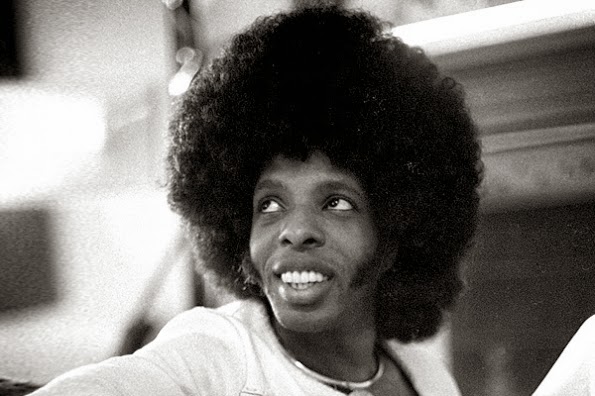Order of an individual’s favorite Led Zeppelin album,
chronologically.
Everyone initially loves Led
Zeppelin IV or ZOSO because of “Stairway to Heaven.”
Then they realize it was just an indulgent jack-off session
so they start to like Led Zeppelin II because it has a lot of radio hits and by
this time you’re an older teenager and it’s also a plodding mess of hard rock
and early metal.
You age. And you adopt Led
Zeppelin I as your favorite album because it’s “genuine” and “pure Zep”
because it’s them doing blues, which is all Led Zeppelin really were. At this point,
you’re a true asshole because you like a British band solely for ripping off
poor, unknown black Americans, who did all these songs and did them nominally
better.
You age a bit more and probably are reaching your mid-20s
when you realize that Led Zeppelin IV
(ZOSO) is, again, the best IN SPITE OF “Stairway to Heaven,” which remains a
pretty overrated song.
After a multi-year respite and dalliance with Houses of the Holy and Physical Graffiti, you finally come to
the conclusion that Led Zeppelin III is
the best album because by this time you are 30+ and not a total retard. Although,
in the back of your brain, you still think Physical
Graffiti might still be better.
I just finished reading Hammer of the Gods, one of the most
well-known of rock and roll biographies and although thoroughly entertained it
didn’t take long for me to realize that Led Zeppelin were, in fact, total
assholes. I mean, Jimmy Page’s opinions of women alone make you question their
entire body of work and aesthetic. Women were basically third-class citizens to
him.
John Bonham appears to be a total drunken lunatic. Peter
Grant might have been one of the most unethical humans outside of genocidal
totalitarians.
Robert Plant was no prince, but in comparison he comes off
looking like a sweetheart.
It’s a revealing read to say the least. This was Jimmy Page’s
band (I don’t think it ever became anything different outside of his heavy
heroin addiction later in the band’s career). He was with The Yardbirds, they
split and the record companies basically attempted to rebuild it with Page and
some pieces including fellow session player John Paul Jones. They picked Plant
and Bonham from the English hinterlands and took off.
It’s also noteworthy how American Led Zeppelin were. They
didn’t cut their teeth on the British tours and clubs. They went to America
almost immediately behind the name power of “The New Yardbirds” and Page. They
toured excessively with an American stadium tour every year.
Knowing who these people were doesn’t necessarily change the
way you enjoy their music. If you’re like me, you’re as tired of the 15 or so
songs that they jam on classic rock stations as any bloc of songs in history.
And it’s not like they’ve been overplayed, so to speak
; they’re just not very good. Zeppelin’s
true brilliance comes with their lesser known songs. In fact, a good barometer
to find these songs is finding out what songs guitar magazines put in their
tablature sections. I ignored all those songs early in life and now they’re my
favorites.
 I like a
band with an identity, with a home. Upon releasing their eponymous album lead singer
and guitarist Josh Homme said, "I just
wanted to start a band that within three seconds of listening, people knew what
band it was.”
I like a
band with an identity, with a home. Upon releasing their eponymous album lead singer
and guitarist Josh Homme said, "I just
wanted to start a band that within three seconds of listening, people knew what
band it was.” 








